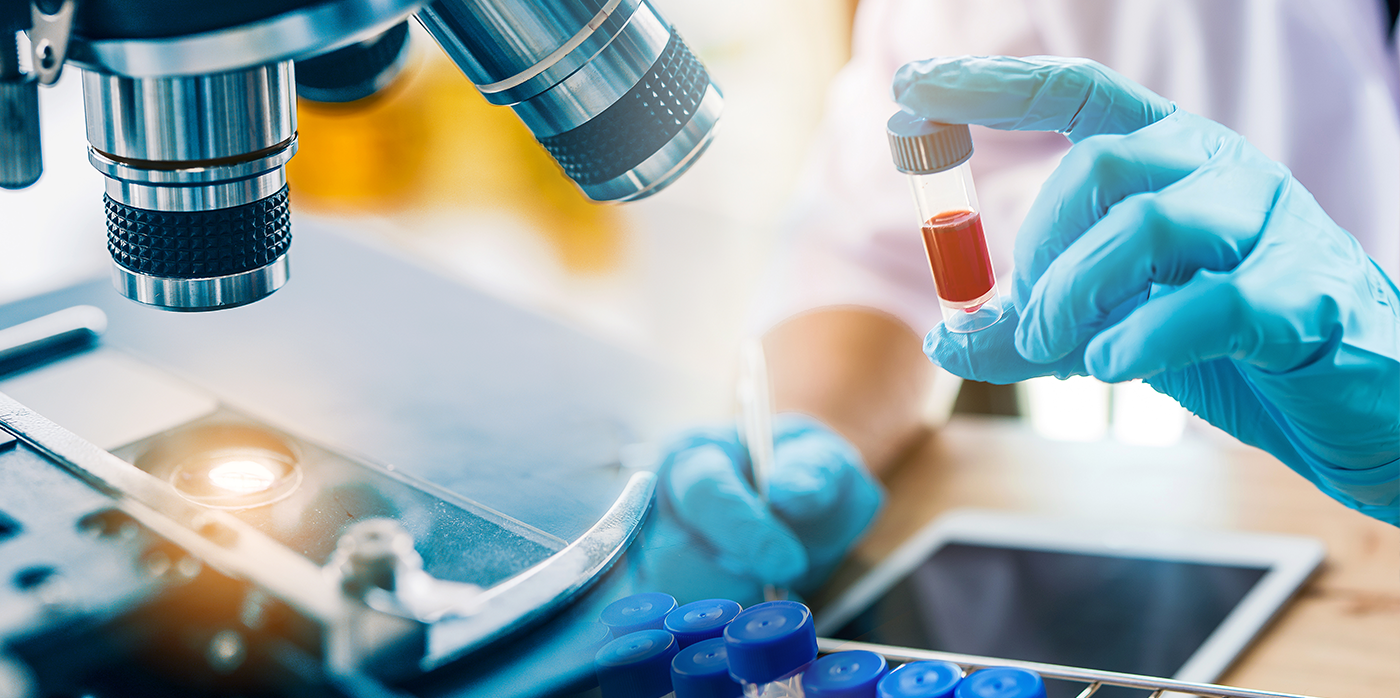BMBF Launches New KMU-innovativ Programme Dedicated to Biomedical Science
The new programme supports joint research and development projects in the area of biomedical science and drug development, conducted by small or medium sized enterprises (SMEs), research institutes and higher education institutions in Germany.
To complement its research funding portfolio in the area of industry-led R&D, Bundesministerium für Bildung und Forschung (BMBF – Federal Ministry for Education and Research) has now launched KMU-innovativ for Biomedical Science to support application-oriented industrial research as well as pre-competitive development projects that address concrete medical needs and are marked by high scientific-technical risk.
The thematic focus of the programme is on projects in medical or red biotechnology that are dedicated to drug development. Funded projects must aim for improvements in the treatment, easing or prevention of human diseases and healthcare services. Preference will be given to research and development of innovative active substances and effective and safe drugs, up to clinical phase IIa.
Examples of suitable project topics are:
- Development, optimisation and automatisation of screening procedures for active substance development, particularly also in regard to screening for novel chemical structures or optimisation of existing chemical structures.
- Development of platform technologies for drug development.
- Development of experimental disease models for drug development.
- Development of methods for the analysis or improvement of the pharma-kinetics, pharma-dynamics or safety profiles of an active substance.
- Development of drugs with the aid of artificial intelligence (AI) technologies.
- Development of forecast models for the analysis of the effectiveness and safety of active substances.
- Manufacturing of test preparations according to Good Manufacturing Practice.
Pre-clinical development, development of clinical active substance options, clinical proof-of-concept projects and anything in between (all clinical research up to clinical studies in phase IIa) will be considered.
Projects must have high relevance for patients and address significant medical needs. To support the successful transfer of research results to practice, the programme also supports transfer-related project elements such as regulatory consultations, biostatistics consultations or pharmaceutical mentoring.
Funding is provided for projects carried out by small and medium-sized enterprises (SME) according to EU definitions who are based in Germany.
In the context of research consortia, the following types of organisations in Germany may collaborate with SME:
- Medium sized enterprises not exceeding 1,000 employees and an annual turnover of €100 million.
- Institutions of higher education, including universities of applied sciences (FH/HAW).
- Non-educational research institutions.
Research consortia must be led and coordinated by SME. At least 50% of the overall project funding must benefit SME partners. The participation of partners outside Germany is possible. Foreign partners are however not eligible for BMBF funding.
Funding is provided in the form of a non-refundable subsidy on the basis of project-related eligible costs. The maximum funding period is three years. Higher education institutions and non-commercial research organisations are eligible to full funding. Commercial partners are subject to varying funding levels according to AGVO guidelines.
The scheme comprises a two-stage application process with an invitation for project proposals followed by the submission of a full, funding application for shortlisted candidates.
There are two submission windows for project proposals each year.
The next deadline is 15 October 2022.
(This report was the subject of a RESEARCHconnect Newsflash.)

